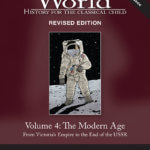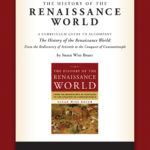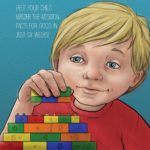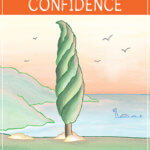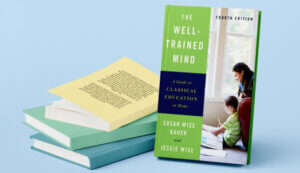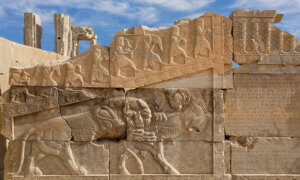
This is the conference handout for the lecture What is Literary Analysis? When, Why, and How Should I Teach It?
Do not reproduce without permission. Please give appropriate credit for ideas and quotes.
I. Definition of literary analysis: Understanding the techniques
that make a literary work effective, identifying them in the books you read
and writing a brief essay explaining what you’ve identified.
II. Literary analysis for elementary students (grades 1-4)
Three tasks:
1. Read
2. Summarize
3. Learn basic terms of reference
Fiction: a made-up story
Historical fiction: a made-up story that happens during a real time in the past
Novel: a long made-up story with chapters
Fable: a short made-up story that teaches a lesson (a moral)
Nonfiction: a true story
Biography: the true story of a person’s life
Poem: written in lines rather than in paragraphs
Rhyme: words that have the same sound at the end
Author: the person who wrote a poem or book
Anonymous: what we call the author when we don’t know who he/she was
III. Literary analysis for middle-grade students (grades 5-8)
Goals:
1. Encourage student to begin to think about why literature works through conversation about discussion questions.
2. Teach student to write short essays as answers to these questions.
3. Preserve the student’s love of reading.
FOR A NOVEL OR STORY:
Who is this book about? (central character[s])
What do the central characters want?
What keeps them/him/her from getting it?
How do they/he/she get what they want?
Do they have an enemy or enemies? Is there a villain?
What does the villain want?
What do you think is the most important event in the story?
What leads up to this event?
How are the characters different after this event?
Pick out the most important event in each chapter.
How many different stories does the writer tell?
For a biography:
What kind of family did the subject come from?
What were his parents like?
Where did he go to school?
What did he want the most as a child?
What did he want the most as a grownup?
Were they the same?
How did he get what he wanted?
Who were the three most important people in his life?
Did he get married? To whom? When?
Did they have children?
What was the most important event in his life?
Name three other important events in his life.
Did he get what he wanted in life? Why or why not?
Why do we still remember this person?
Evaluation questions:
What was the most exciting part of the book?
What was the most boring part of the book?
Did you like the character[s]? Why or why not?
Did you hope that he/she would get what he/she wanted?
Did any part of the book seem particularly real? Did any part seem unlikely?
Did you hope that it would end in another way? If so, how?
Would you read this book again?
Which one of your friends would enjoy this book?
Teach the student to write short essays as answers to these questions:
One page or less to begin with (after conversation) answering one of the discussion questions.
Move towards answering two or more questions, including one of the evaluation questions.
Preserve the student’s love of reading
Talk first, then write.
Don’t talk and write about every single book.
Don’t beat a book to death. (One week of discussion is more than enough)
Don’t talk and write about the books the student LOVES.
IV. Literary analysis for high school students (grades 9-12)
Goals:
1. Acquaint student with essential literary terms
2. Assign brief essays on literature.
3. Preserve the student’s love of reading.
Acquaint student with essential literary terms
Simplest method: Create a “literary analysis” notebook using Essential Literary Terms: A Brief Norton Guide With Exercises, by Sharon Hamilton.
Begin on page 32, “Figurative Language.” Once a week, spend 30-45 minutes studying Essential Literary Terms. Make an ongoing list of literary terms and brief definitions, along with one example for each. Do the exercises at the end of each chapter
Keep on hand for reference.
EXAMPLE
From Essential Literary Terms: A Brief Norton Guide With Exercises
Simile: When one kind of thing is compared to a different object, concept, or experience, using the word “like” or “as.” The comparison is supposed to highlight some quality of the subject. Robert Burns says that his love is like a red rose because she is “fresh, vibrant, and lovely.”
Assign brief essays on literature: 1 page, once a week (some essays can be written before the book is finished)
Topics:
“Formal”: Explain how a term from Essential Literary terms is used in the book and why you think the author uses it. (This type of essay should be written at least once every three or four weeks.)
“Biographical”: Draw a parallel between something that happened in the writer’s life and something that happens in the literary work.
“Historical”: Draw a parallel between something that happened in the writer’s lifetime and something that happens in the literary work.
“Response papers”
Discuss some element (scene, plot, or character) that is either interesting or annoying.
Explain, using quotes from the work, why it interests or annoys.
Compare the work with something else (anything else) and draw parallels.
Argue that one of the characters acted in a way that is ethically right or wrong
Draw essay topics from critical sources:
Cliffs Notes
Pink Monkey Notes (www.pinkmonkey.com)
The Well-Educated Mind, Susan Wise Bauer
Evaluation
1. Teacher at local private or parochial school (honorarium of $40-50 is a nice gesture).
2. Teacher at local community college or university.
3. Cindy Marsch’s Writing Assessment Services, www.writingassessment.com
Preserve the student’s love of reading
Don’t write about every single book.
Don’t beat a book to death.
Don’t talk and write about the books the student LOVES.
Back to Workshop Handouts
Recommended Products
-
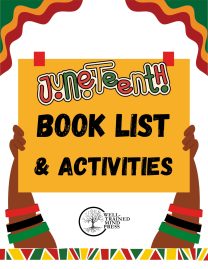
Juneteenth Booklist & Activities
0 out of 5$0.00 Add to cart -
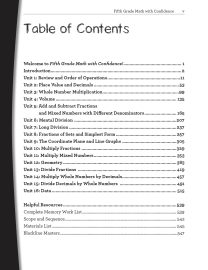
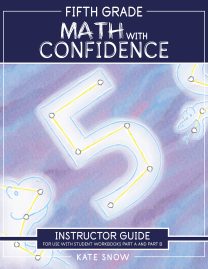
Fifth Grade Math with Confidence Instructor Guide
0 out of 5Starting at:$36.95Original price was: $36.95.$27.71Current price is: $27.71. Select options -
Sale!

Hansel & Gretel and Other Stories: Downloadable MP3
0 out of 5$12.95Original price was: $12.95.$9.71Current price is: $9.71. Add to cart -
Sale!
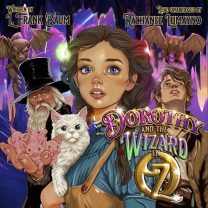
Dorothy and the Wizard in Oz: Downloadable MP3
0 out of 5$25.95Original price was: $25.95.$19.46Current price is: $19.46. Add to cart -
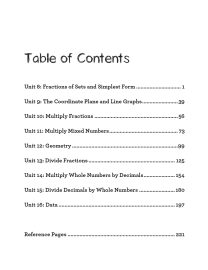 Sale!
Sale!
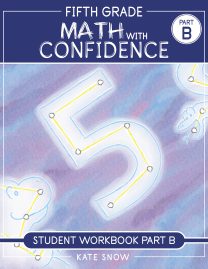
Fifth Grade Math with Confidence Student Workbook B
0 out of 5$16.46 – $21.56 Select options This product has multiple variants. The options may be chosen on the product page -
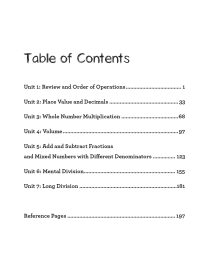 Sale!
Sale!
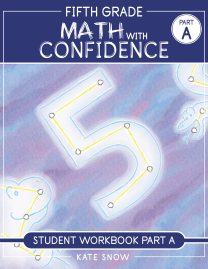
Fifth Grade Math with Confidence Student Workbook A
0 out of 5$16.46 – $21.56 Select options This product has multiple variants. The options may be chosen on the product page
ABOUT THE AUTHOR
Susan Wise Bauer
Join over 100,000 homeschooling families
For the latest offers, educational insights, products and more.
By joining you agree to our privacy policy.



